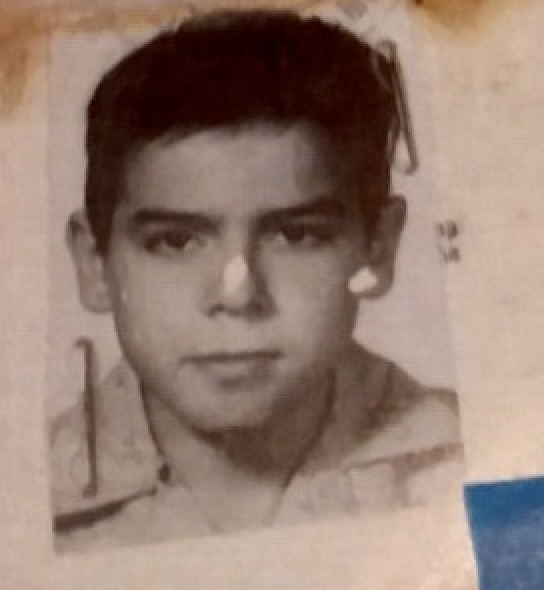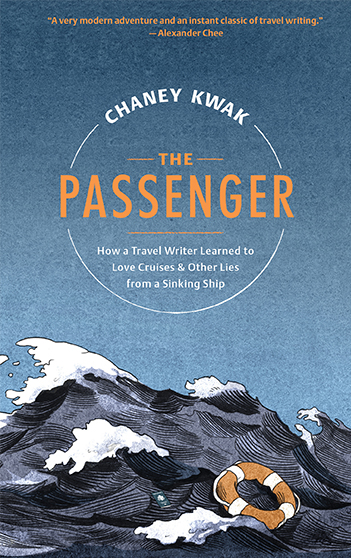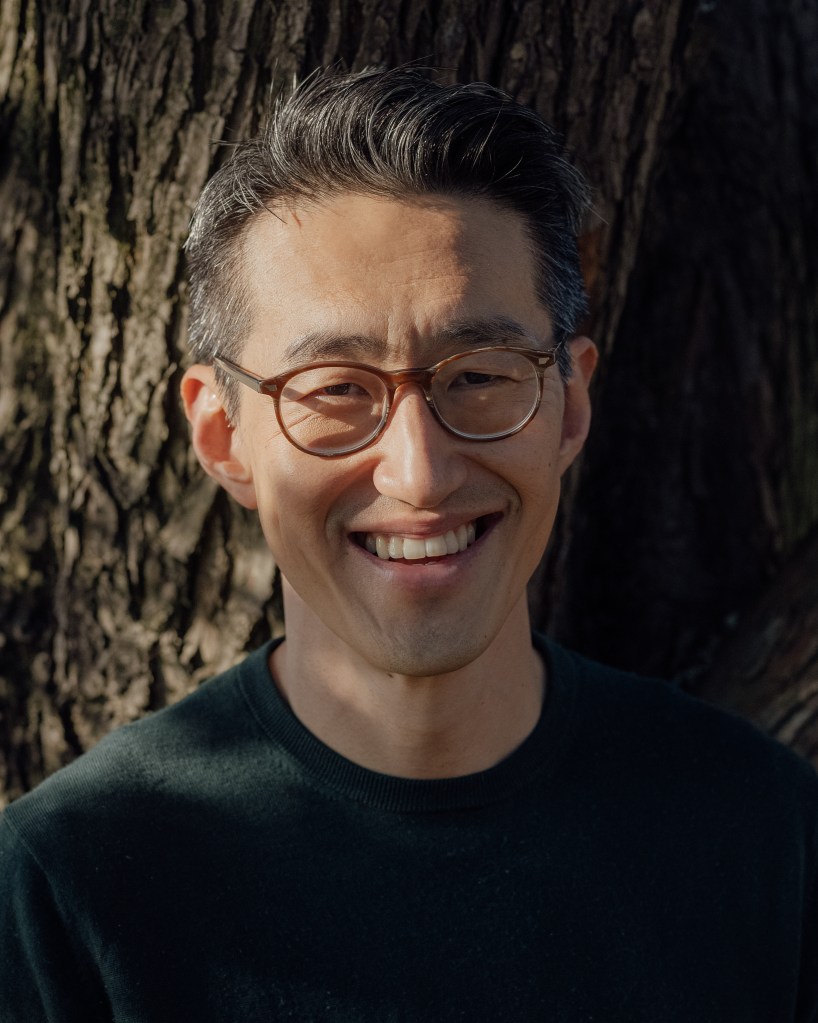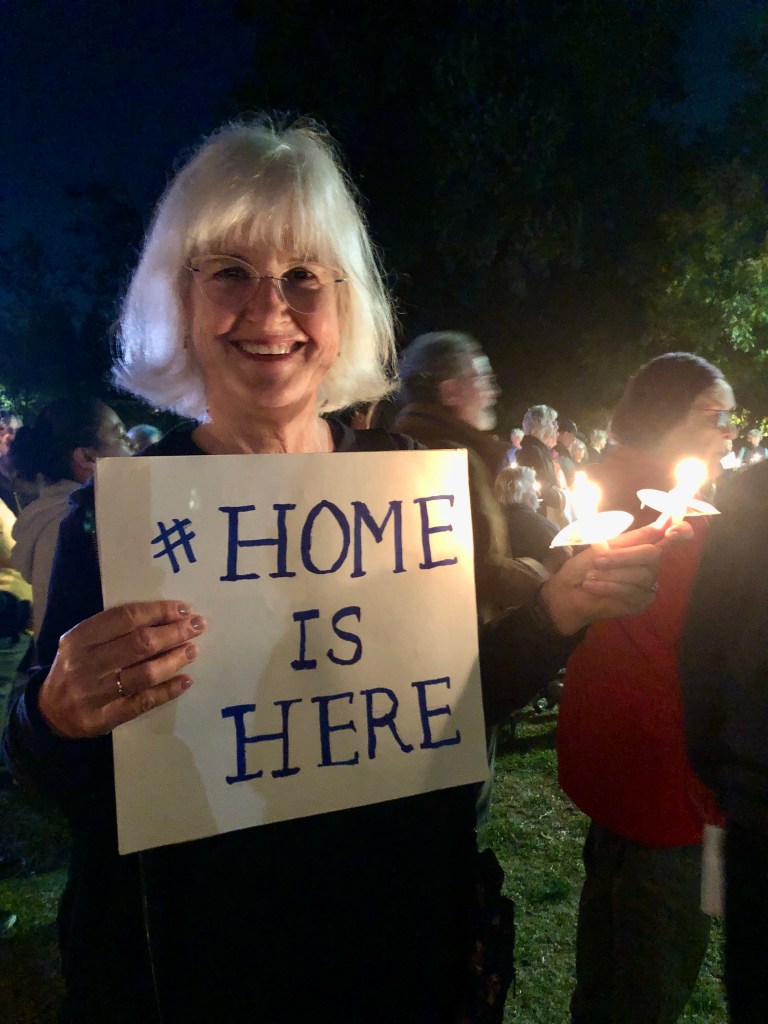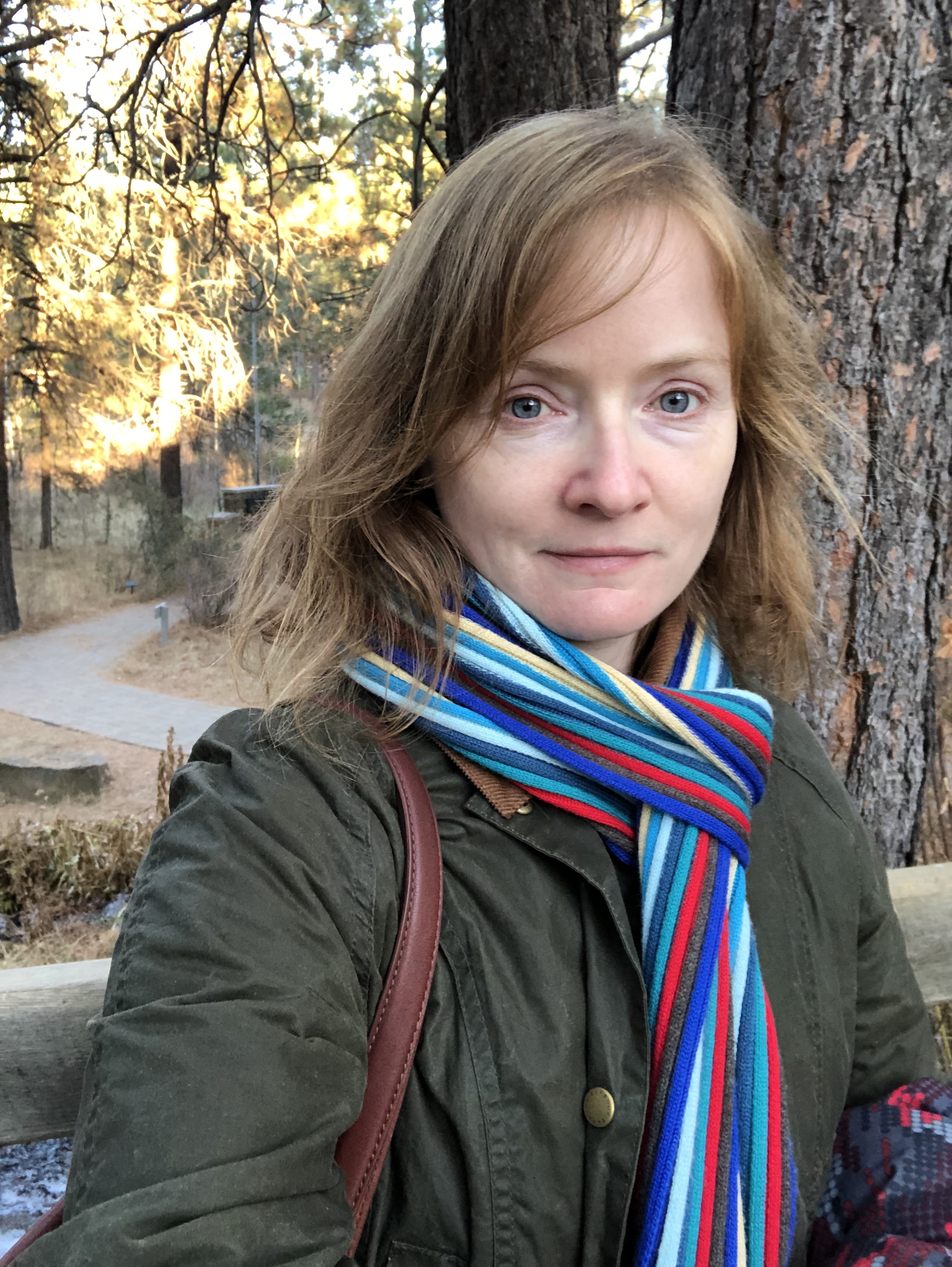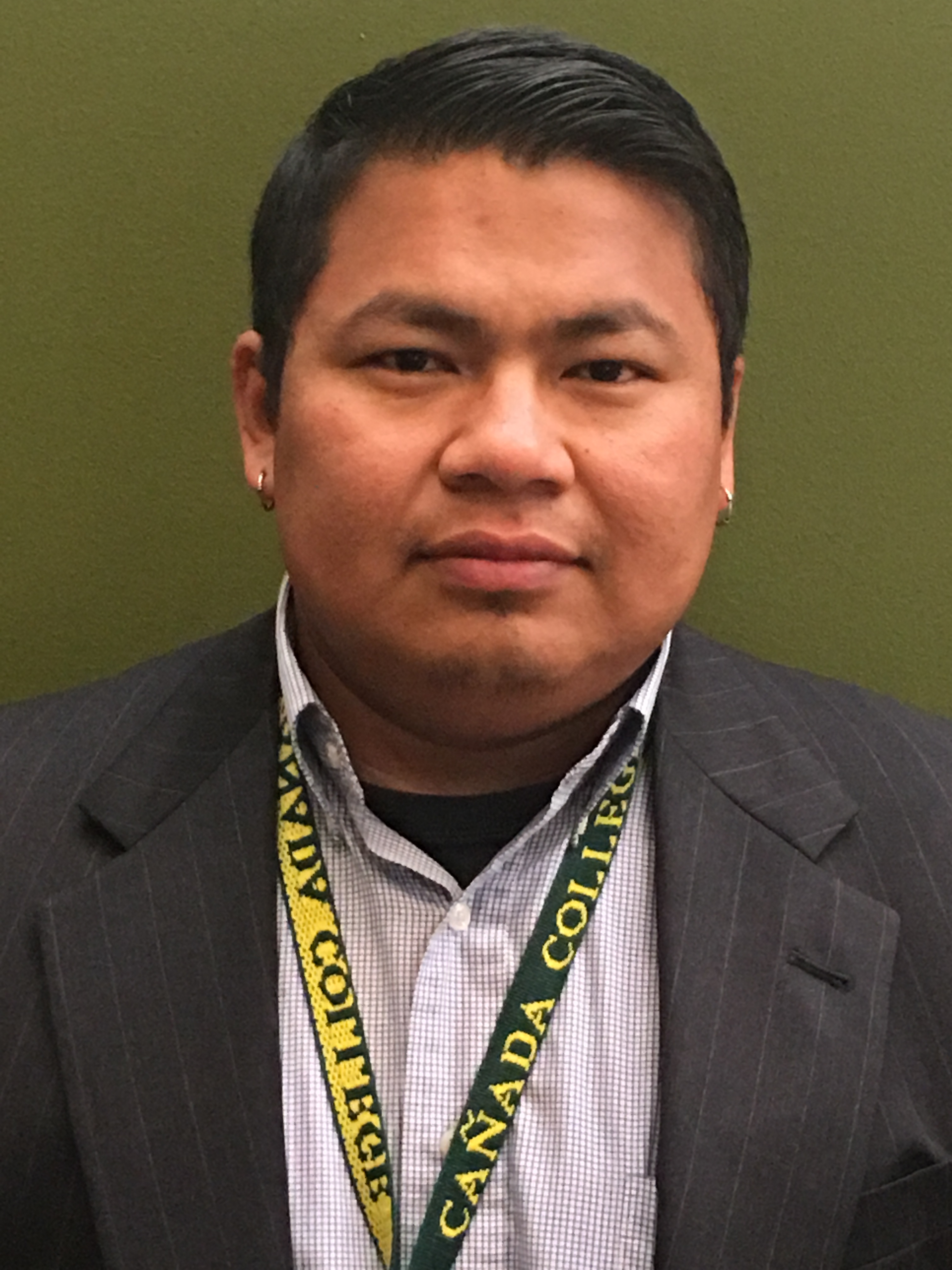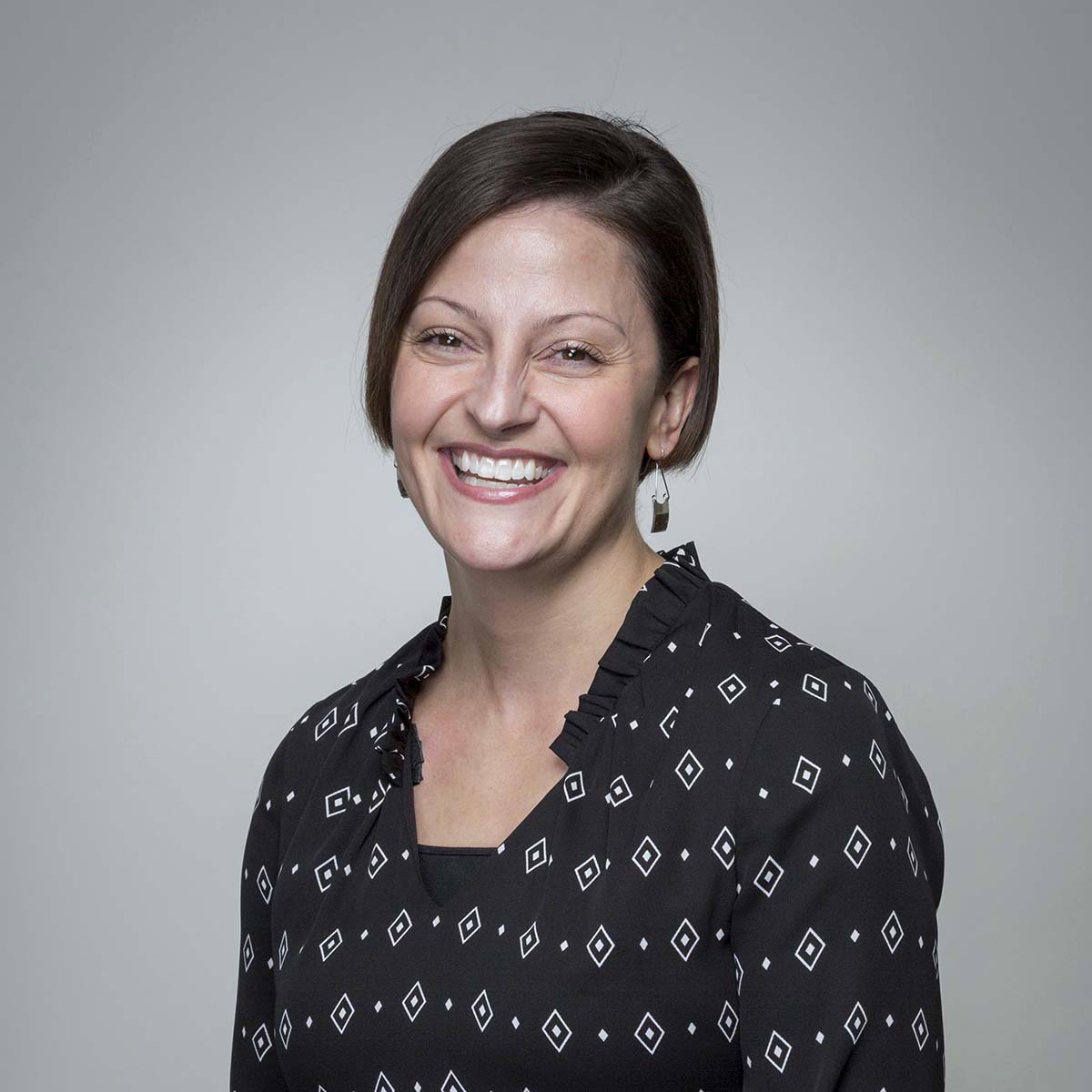In his essay “Migration to Immigration,” Benjamin Duarte writes:
I was born in Esqueda, Sonora, Mexico and lived as a Mexican citizen until I was 10 years old, when my Texas-born Mother registered me as a “citizen of the U.S. born abroad.” I was asked by the consular officer in Douglas, Arizona if I was now “renouncing” my Mexican citizenship. I said “Yes.”
But what does it mean to renounce one’s citizenship? Join us tonight for Our Stories, Ourselves, a special Third Thursday event hosted by the San Jose Museum of Art, to hear Melinda Marks read this powerful piece.
Benjamin was born in Mexico, immigrated to the U.S. as a child, and came to San Jose at age fifteen. A graduate of James Lick High and San Jose State, he worked as a criminal defense attorney for 30 years before retiring with his wife to the Arizona desert in 2004. An avid runner, Benjamin ran marathons until the age of 73, and stays active with gardening and construction projects on his acre of land.
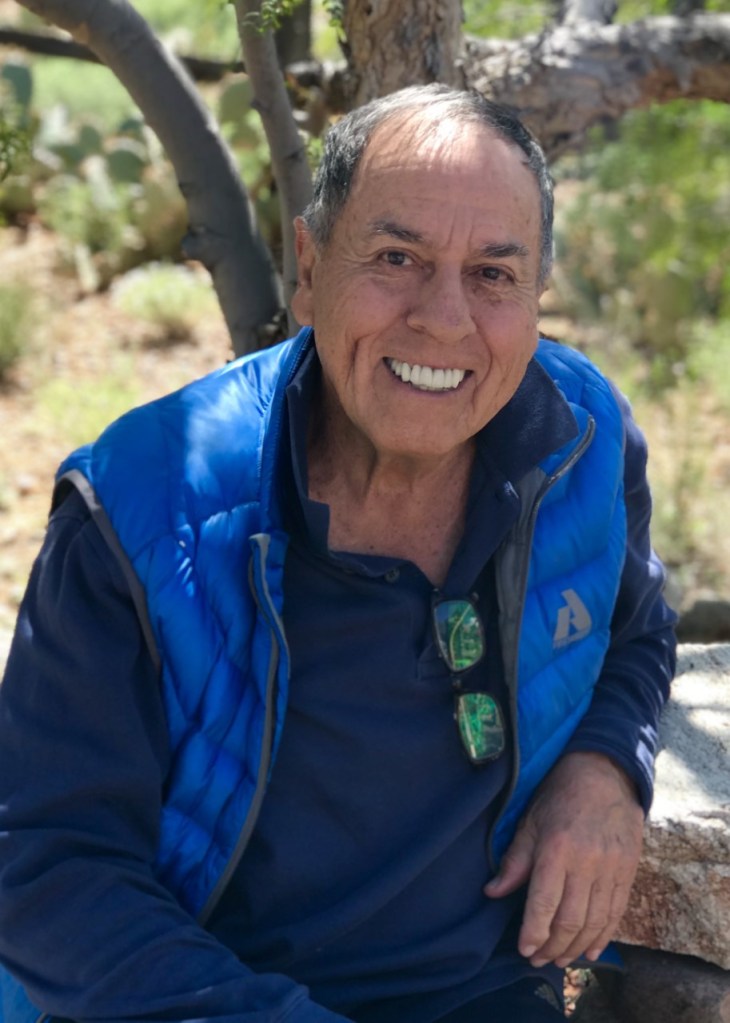
When asked what immigrant heritage means to him, Benjamin says:
“Immigrant heritage implies an inculcation into more than one culture, which gives one an enhanced understanding of humanity. Not only an understanding of different cultural perspectives on the world and we humans’ place in it, but more importantly, it gives one an insight into the multitude of similarities we humans share. For example, when I lived in Mexico as a child, there was a popular Mexican dance called ‘El Barillo Cervezero.’ When I moved to the U.S., not only was I surprised to learn that the ‘Beer-Barrel Polka’ was a familiar dance here as well, but that it had originated in Germany! Many ‘differences’ are constructed to eliminate or obscure our similarities. Migration and immigration are more than just bodies crossing land; they are a means for folk customs, games, legends, and traditions to spread and flourish. An immigrant heritage has the power to make one a better citizen of the world.”
